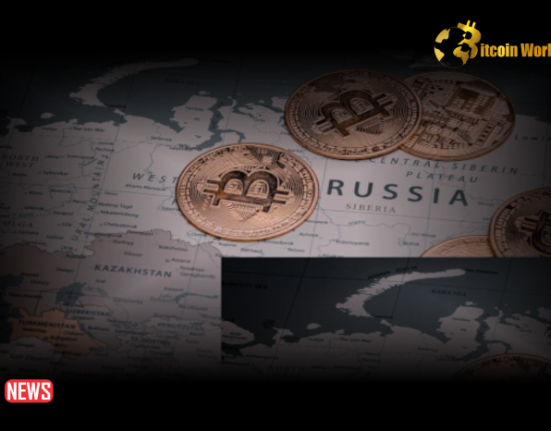Russia has passed a new cryptocurrency law that, while not as strict as the previous prohibition, places strict restrictions on the use of cryptocurrencies as a form of cash.
Denis Manturov, Russia’s Industry and Trade Minister, said on Thursday that the government and central bank will “sooner or later” legalize cryptocurrencies as a means of payment, implying that the government and central bank are getting closer to a solution.
Moscow has stated its intention to create a central bank digital currency, but has previously discouraged the use of private cryptocurrencies.
The governor of the Russian central bank, Elvira Nabiullina, recently stated that the bank cannot accept cryptocurrency investments, which account for around $5 billion in yearly Russian transactions, and has advised that cryptocurrency trading and mining be prohibited.
However, Manturov believes the government and central bank are getting closer to resolving their disagreement.
The finance ministry recommended legislative measures that were incompatible with the central bank’s demand for a comprehensive prohibition prior to Russia’s invasion of Ukraine on February 24.
When asked if cryptocurrency will become legal as a means of payment, Manturov said yes.
The question is, when this happens, how it will be regulated, given that the central bank and government are actively working on it, Manturov said.
However, the general consensus is that… this will be implemented in some form sooner or later, says the Russian official.
Related Posts – The Indian Finance Minister hails blockchain technology
Latest News
Russia is considering making cryptocurrency a legal tender
- by Will
- May 19, 2022
- 0 Comments
- 1 minute read
- 65 Views
- 2 years ago

Will
author
My Name is Will. I'm a News/Content Writer and SEO Expert.
I have good way of using good English construction to write credible articles ranging from News Articles to Creative Writing all around Cryptocurrency Industry. I have actively worked and still working with Crypto startups and have maintained credibility in the Cryptocurrency space.













